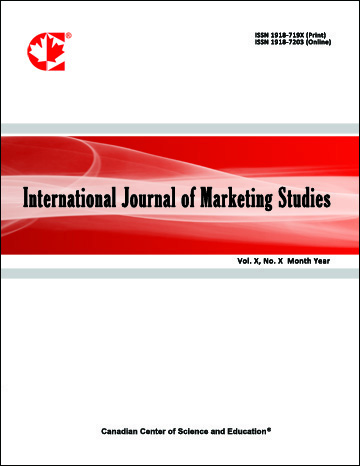Pedagogical Values and the Lawful Rules of Islamic Behavior in Consumption
- Hamdi S. I. Sadeh
Abstract
This research delves into the intricate relationship between Islamic pedagogical values and Muslim consumer behavior, drawing upon the timeless wisdom of the Quran and Sunnah. It establishes a valuable theoretical framework, supported by a generalized logistic model, to illuminate how Islamic principles influence spending decisions within permissible boundaries. The research meticulously outlines the lawful rules governing consumption in Islam, categorized by permissible and prohibited actions to guide Muslims in their choices.
Key findings reveal the holistic nature of Islam, highlighting its comprehensive influence on all aspects of life, including consumption. Islamic pedagogical values emerge as a powerful force in shaping behavior, weaving a tapestry of rules encompassing obligations like adhering to Halal principles, and prohibits extravagance, wastefulness, and stinginess. Moderation emerges as a cornerstone, steering consumers away from both extremes and illustrating how the Islamic framework accommodates increased income without necessarily leading to a proportional increase in consumption. The research challenges mainstream economic assumptions, presenting Islam’s perspective on spending and shedding light on the religious dimensions that shape consumer behavior within an Islamic framework.
Beyond economic principles, the research highlights the exemplary life of Prophet Muhammad, offering practical examples of simplicity, moderation, and ethical consumer behavior, even in challenging circumstances. It advocates for integrating these values into decision-making processes, particularly in consumption matters, encouraging individuals to align their financial choices with Islamic jurisprudence and contribute to the overall well-being of the Muslim community.
In conclusion, this research significantly enhances our understanding of Muslim consumer behavior, emphasizing the role of pedagogical values and lawful rules. The findings hold valuable implications for stakeholders like marketers, policymakers, and businesses seeking to engage with Muslim consumers, offering insights into product categorization and tailored engagement strategies. The research also introduces practical tools for further analysis and exploration, while acknowledging limitations and encouraging future research to refine our understanding across diverse cultural and religious landscapes.
- Full Text:
 PDF
PDF
- DOI:10.5539/ijms.v16n1p1
Journal Metrics
Google-based Impact Factor (2021): 1.34
h-index (July 2022): 70
i10-index (July 2022): 373
Index
- Academic Journals Database
- CNKI Scholar
- EconBiz
- Electronic Journals Library
- Excellence in Research for Australia (ERA)
- GETIT@YALE (Yale University Library)
- Harvard Library
- IBZ Online
- Infotrieve
- JournalTOCs
- LOCKSS
- MIAR
- PKP Open Archives Harvester
- RePEc
- ResearchGate
- ROAD
- Scilit
- SHERPA/RoMEO
- Stanford Libraries
- UCR Library
Contact
- Alyssa SunEditorial Assistant
- ijms@ccsenet.org
